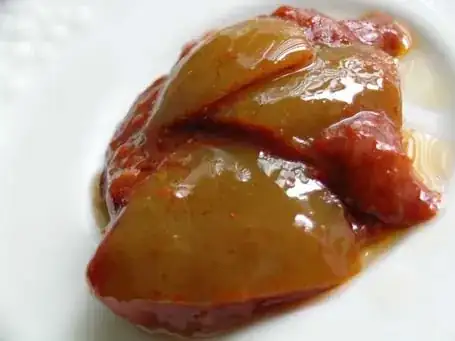I recently learned about Indian lemon pickles.
There is a lot of variation between recipes but the ones I am trying consist of chopping lemons or limes, adding salt, and letting them ferment for a period of time before adding spices.
A large number of recipes have included a warning that the lemons, utensils, and jar must be completely dry or else the pickles will spoil quickly.
Here is one example
"Even a small drop of water makes this pickle spoil soon."
This doesn't make sense to me for several reasons:
- There is, of course, already water in the fruit
- A tiny amount of water won't be enough to significantly dilute the acid or salt
- I have never seen such a warning in fermented pickles from other cultures
Admittedly none of these recipes have come from an authoritative food chemist. They are all traditional recipes.
Can water actually spoil fermented pickles or is this an Indian old wives tale?
